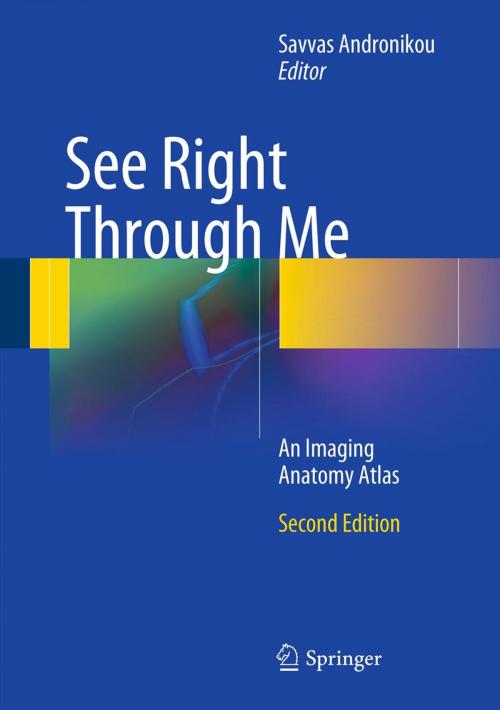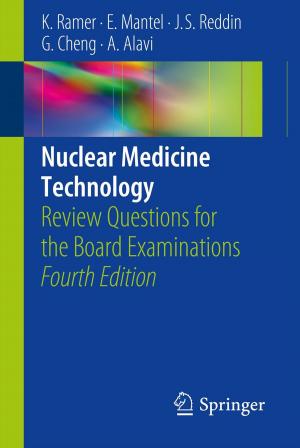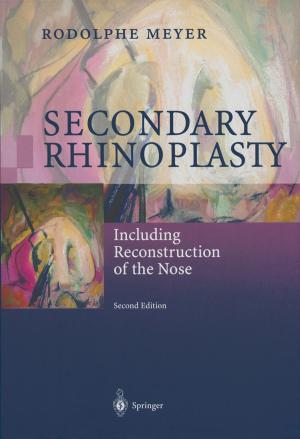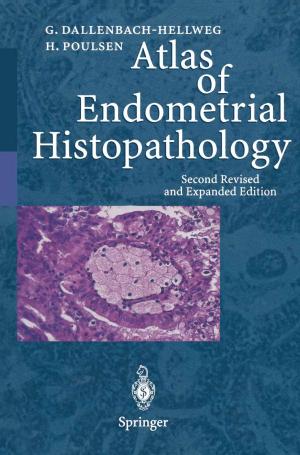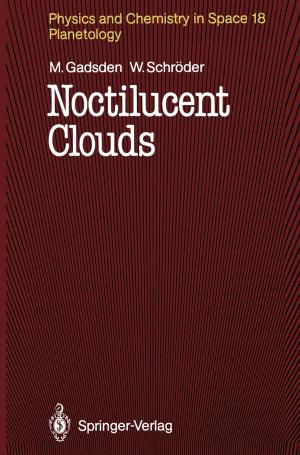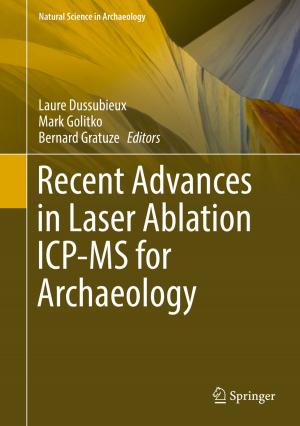See Right Through Me
An Imaging Anatomy Atlas
Nonfiction, Health & Well Being, Medical, Medical Science, Biochemistry, Surgery| Author: | ISBN: | 9783642238932 | |
| Publisher: | Springer Berlin Heidelberg | Publication: | December 4, 2012 |
| Imprint: | Springer | Language: | English |
| Author: | |
| ISBN: | 9783642238932 |
| Publisher: | Springer Berlin Heidelberg |
| Publication: | December 4, 2012 |
| Imprint: | Springer |
| Language: | English |
This atlas demonstrates all components of the body through imaging, in much the same way that a geographical atlas demonstrates components of the world. Each body system and organ is imaged in every plane using all relevant modalities, allowing the reader to gain knowledge of density and signal intensity. Areas and methods not usually featured in imaging atlases are addressed, including the cranial nerve pathways, white matter tractography, and pediatric imaging. As the emphasis is very much on high-quality images with detailed labeling, there is no significant written component; however, ‘pearl boxes’ are scattered throughout the book to provide the reader with greater insight. This atlas will be an invaluable aid to students and clinicians with a radiological image in hand, as it will enable them to look up an exact replica and identify the anatomical components. The message to the reader is: Choose an organ, read the ‘map,’ and enjoy the journey!
This atlas demonstrates all components of the body through imaging, in much the same way that a geographical atlas demonstrates components of the world. Each body system and organ is imaged in every plane using all relevant modalities, allowing the reader to gain knowledge of density and signal intensity. Areas and methods not usually featured in imaging atlases are addressed, including the cranial nerve pathways, white matter tractography, and pediatric imaging. As the emphasis is very much on high-quality images with detailed labeling, there is no significant written component; however, ‘pearl boxes’ are scattered throughout the book to provide the reader with greater insight. This atlas will be an invaluable aid to students and clinicians with a radiological image in hand, as it will enable them to look up an exact replica and identify the anatomical components. The message to the reader is: Choose an organ, read the ‘map,’ and enjoy the journey!
